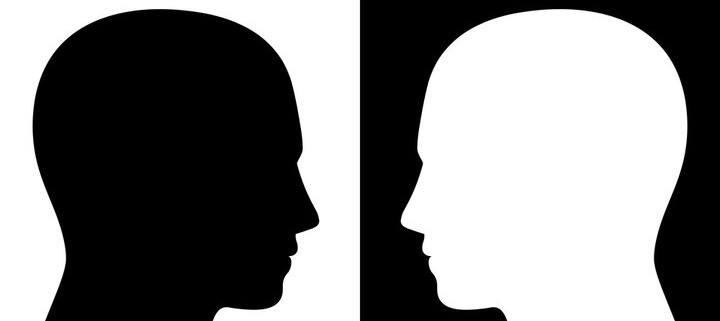What’s the difference between an oral translator and a lip-reader?
You may have seen the phrase oral translator and wondered what it means – after all, isn’t an oral translator just a redundant way of saying a translator?
Well, no. There are differences, some of which even depend on what country you’re from!
What’s an oral translator?
An oral translator is someone who can tell what a person is saying just by watching their lips move when they are speaking.
In reality, it’s not only watching the lips that makes a good oral translator; facial expressions, speech patterns, and hand gestures all play an important role.
This is why it’s often harder to lip read people who are wearing dark glasses, or those who don’t (or can’t) show much facial expression when they talk.
If you don’t think facial expressions are important in communication, then think about all those poker players wearing sunglasses at the table so as to not give away their hand.
The difference between an oral translator and a lip-reader
Nothing. Well, apart from simple terminology.
Oral translation is more of an American term, while in the UK we use lip-reader or speechreader.
There is a sub-section of the phrase used rarely to mean someone who translates spoken word to a deaf person via sign language, but again, this is a North American thing and really no different to what is normally regarded as a sign language interpreter.
Why would you need an oral translator?
Oral translation isn’t just for deaf and hard of hearing.
Many CCTV systems are video only and don’t have the audio to go along with the picture, so reading people’s lips on video is handy for people like lawyers and law enforcement officers.
To either stop a crime from being committed or to convict/acquit after the fact, lawyers and police officers will use a forensic lip reader to examine the footage and fill in the audio.
Lip reading is also now widely used by media outlets, especially for sporting events.
Reporters and news channels are hiring professionals to see what’s being said by players during games, hoping to find something controversial.
An oral translator can also be used in medical cases where the patient can’t speak or communicate, freeing up time for healthcare professionals.
How we can help
If you are looking for an oral translator, no matter which side of the Atlantic you’re on, then your search is over.
An oral translator is a specialist occupation, with very few people around the world able to do it to an exceptional degree.
Luckily, here at 121 Captions, we have some of the very best oral translators in the world working for us, all across the world and in multiple languages.
Our founder and MD, Tina Lannin, is one of the world’s foremost experts in professional lip reading.
She has been the official oral translator for several public events, including the Royal Weddings of Prince William and Kate Middleton for Sky and Prince Harry and Meghan Markle for the BBC.
On top of that, Tina is not only an expert lip reader, but she can also lip-read Arabic, German, Japanese, and Spanish.
Tina is listed on the Expert Witness Register and has won a prestigious award at the Expert Witness Awards.
So if you need an oral translator for any reason, you know who to contact.




Leave a Reply
Want to join the discussion?Feel free to contribute!